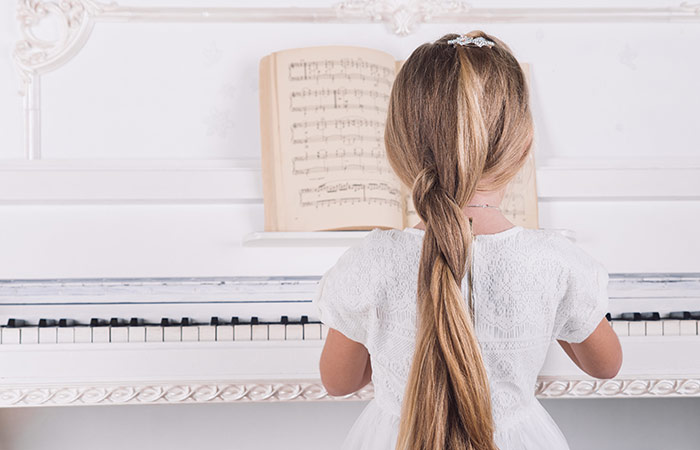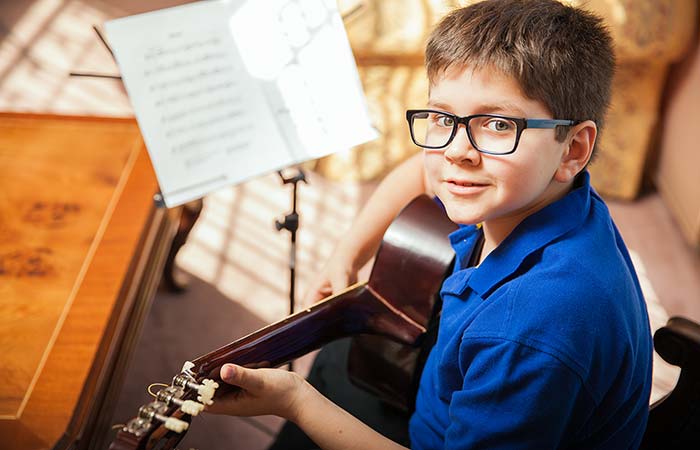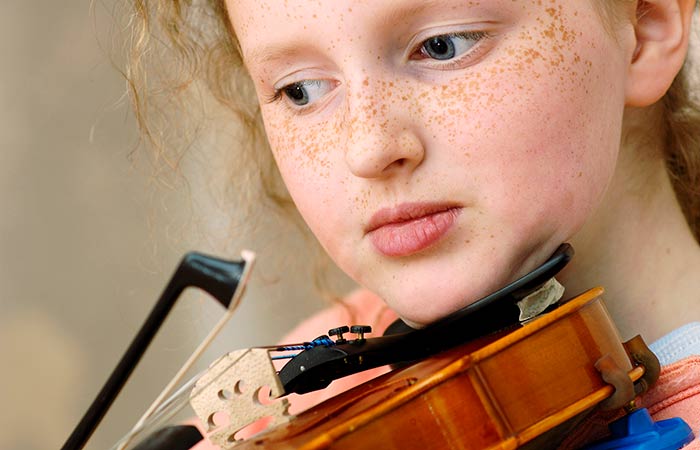What are the benefits and importance of my child learning to play the piano or a musical instrument? Why and how do I partake in the learning process?
The value and benefits of having your child learning to play the piano or a musical instrument.
“Learning the piano is a life-long process, and knowing how to play the piano is a skill that will bring you joy and fulfilment throughout your whole life.” (Piano teachers connect on google.)
Dear parents:- if you are thinking about motivating your child to learn to play a musical instrument or instruments, it means that you yourself have probably had that desire or that you yourself play a music instrument. This means that you understand the value of playing a musical instrument and the influence of it on man’s well-being and life.
“We all start learning music from the time we enter the world – even before we are born. These days music is all around us, and as our impressionable minds are exposed to music for the first time, our brains naturally begin to recognise the sound patterns that make up the language of music. In these, our first “music lessons” in aural training, our ears begin opening up to the emotion, adventure, and playfulness that music can communicate to us” From Piano teachers connect (Google)
There are countless reasons why musical training or learning to play an instrument has a huge impact on children and why it’s important to consider letting your child learn to play guitar or piano or harp or whichever instrument chosen. Aspects like the development of brain function, giving the child motivation or something to live for, development of reading skills, helping with mathematical development, writing skills and social skills are but a few to mention.
“A 2016 study at the University of Southern California’s Brain and Creativity Institute found that musical experiences in childhood can actually accelerate brain development, particularly in the areas of language acquisition and reading skills. According to the National Association of Music Merchants Foundation (NAMM Foundation), learning to play an instrument can improve mathematical learning and even increase SAT scores.”
“Bright Horizons Education Team” on Google
The benefits and countless reasons for learning to play an instrument as a child:
Being able to play a musical instrument has a huge impact on people’s lives as it gives you:
● Purpose and vision
● Develops creativity
● Develops the mind and brain functions
● Helps with understanding and reading skills
● Develops mathematical skills
● It’s an outlet for emotions and being creatively ‘you’
● Creates persistence
● Self Confidence
● Teaches responsibility
● Develops patience
● Gives a lifelong reward of being able to play an instrument which many others would love to be able to do in adult life.
The above mentioned is just to give you a short few reasons why learning to play an instrument is an amazing tool for any human being and especially for your child’s development.
“Studies have shown that learning to play an instrument can make a difference in a child’s academic performance. Translating notes read in a music book into hand positioning on an instrument increases reading comprehension and counting rhythms and notes can help develop math skills. Also, research has shown that studying a musical instrument can increase one’s IQ.” By Inez Bayardo founder and creator of fortheloveofmom.org
It rests in the hands of the wise parents to see to it that their children get the necessary training to learn to play an instrument.
If you can get your child to learn from a young age, learning will be nearly without knowing it. If you’re an adult, you will need to motivate yourself much more than with trying to motivate a child. Because music or the learning of instruments is not mandatory at school, it rests in the hands of the wise parents to see to it that their children get the necessary training and learn to play an instrument.
Which instrument? Let your child learn to play the instrument that really excites them.
The first thing that comes to mind here is which instrument? For many parents, that’s not an issue because they have a piano or a guitar at home, so it’s obvious to start with the instrument at hand. Of Course, the piano and guitar are two major instruments used today. It is important though, to take into account that today because of knowledge and Google exposure, your child might already know which instrument they prefer or like. Should your child already have an idea of which instrument they would really like to play, its best to settle for that particular instrument. For instance, if you have a son or a daughter that is adamant they want to do drums and not piano, then do you take that into account. I must say that it’s a good thing for any student or child to at least know the basics of piano, as it gives you a good grounding in music. Visually your child will be able to understand theory, scales and the building of chords easier on the piano than on the guitar.
Some children know exactly what they want to play, others will do whatever the mom or the teacher advises. Just remember, the goal must be fixed on the enjoyment of making music.
Choice of a good teacher or music school.
The second most important factor is the important choice of teacher or music school for your child. You need to find a properly trained but friendly teacher who can relate with your child. There should be a natural click between the child and the teacher so that your child will actually naturally be excited to go to each next lesson, because of the encouragement and motivating of the teacher. If you can find a teacher that has the ability to
● make your child excited about music,
● give them just enough work,
● create enough motivation to want to come to the next class, that would be amazing!
Your expectation of your child
I suggest that you do not expect too much from your child in the first year. It’s more important that they enjoy music and have fun than spending hours of hateful practising. This type of practising will come in its own when the child has grown to love music and tasted the rewards of playing. There will come a time that they will want to go and sit and play by themselves without you as a parent having to remind them to go practice the instrument. This should be your goal to get to that point, and with lots of patience and rewards, sooner or later, it will come.
In the initial stages of piano training, it’s important that your child learn all the important basics of piano playing little by little but in the correct way. Having a trained teacher is important concerning this.
The basic piano techniques set in place
In the first weeks of piano lessons, the basic techniques need to be set in place. Techniques should include:
● Posture in front of the piano (How to sit correctly in front of the instrument or the correct way of holding it should it be a guitar etc.)
● Looking after your instrument
● The basics of how the piano or instrument works and sound production
● The correct hand position
● Teaching the ability to read notated music little by little
● Listening or hearing skills – high or low notes, soft or loud etc.
● Interpretation of the written music
● How to express themselves on the piano or instrument (expression)
As a parent, it’s important not to be critical or to try to teach your child
As a parent, it’s important not to be critical or to try to teach your child but I’ll leave it to the teacher, even if you know what the child should do. Basically, it means as a mum or a dad be involved yes, but not overly involved. Stand back, let the child do their practising time, work through their work and let the teacher correct them. Keep yourself from running to show them the mistakes. I know, as a teacher myself, how hard that can be with your own children, but be assured they don’t want you to come and show them. Of course, unless they ask you for help.
Parent, it is important to relax. You do not have to present the teacher each lesson with a child that’s been perfectly “practised” by the parents. It could work for some children, but most children would normally want to do practising themselves. Give them room for development and mistakes.
Having a good instrument and a studio area
Part of the child’s motivation is having a good instrument and having it set up in an area that becomes like a studio area. This is especially true for the adult beginner. Having a special room or a special area that is not in a busy area, so that you will not be distracted is important. This area can become your little sanctuary or your “studio,” giving you the feel or imagination of being a musician, creating the way thereof!
Here is a good tip from a “learning” parent concerning the use of the instrument and the availability for the child just to go and practise at any time. This is very important, as every musician has experienced the frustration of just not playing when your instrument is not plugged or ready and available for that moment of inspiration:
“I’ve learned as a parent: Instead of packing up the violin after each day’s practice, we leave the instrument and bow out all the time (albeit in a safe place), so that as our daughter goes about her day, she can pick it up and play whenever she likes. This way, it’s as easy to grab as a book or a toy. And at the end of a practice session, we try to leave a bit of time to her play whatever she wants, usually her own improvisations.” Anastacia Tsioulcas – Getting kids to practise without tears or tantrums. How do you get your child to practise with a smile instead of a scream?
Be patient – very patient
It’s the greatest joy the day you find your child running to the instrument to play without your prodding! Be patient, it might take time before one gets to this point. Be very patient, very kind and yet strict on expecting the child to play the instrument every day, even if it’s just for a few minutes.
Not too much pressure – rather encourage than criticize
As a parent, we have dreams for our children but we cannot realise the dream for them. It’s important to give your child enough space, enough encouragement and not to add too much pressure. Make sure that the work is a reachable standard for the child. If the work or performance expected of the child is too much and not first and foremost built on fun, the child might stop wanting to do music. Later they will regret it as an adult. It’s better to go slower, moving forward a little by little and keep it fun, until the child catches up on it and they can start to motivate themselves.
“Research into motivation and music education shows what parents say and do is enormously influential in determining the quality of the learning experience for their child. Nagging or bribing a child to practise only makes the activity feel like a chore. Children who are nagged to practise are likely to stop playing as soon as they can make that choice.” How to stop nagging your child to practise their musical instrument – Timothy McKenry
Each little step takes your child forward
“The goal is foremost to inspire your child and open them up to the wonder, mystery, and excitement of creating music on the piano.
Once your child’s enthusiasm has been sparked they will be inspired to practise the piano and to grow as musicians, and will be much more likely to develop a love of music and the piano that they can carry with them forever.”
From: Piano teachers connect (Google)
The day your child comes home from school and runs to his or her instrument to play on it is the day that you realise that you’ve won the fight of motivating your child! So do not give up. Be consistent in taking them to lessons, making sure no lessons are missed for any reason besides for something totally urgent. Even if the child had not practised, just go to the lesson. Lessons are of major importance and will only help motivate the child again. Not going to a lesson does not help the child to go forward. So don’t miss it, no matter what the reason is that your child might think of. They are probably feeling fearful of not having practised enough or not having conquered some piece of music. The teacher does however not look at it like that and normally teachers are just too happy to see some improvement, no matter how small. Each little step, takes the student forward, even if it’s just the attending of the classes. If the teacher expects too much of the child it could cause the child to want to stop. So yes, it’s a fine balance between pushing and giving room to the child. Well, enjoy who knows, maybe your child will be the next Mozart. If not, it does not matter because you are not either nor are most of us! Music is there for enjoyment, development and creativity. A real gift from above. Use it.







